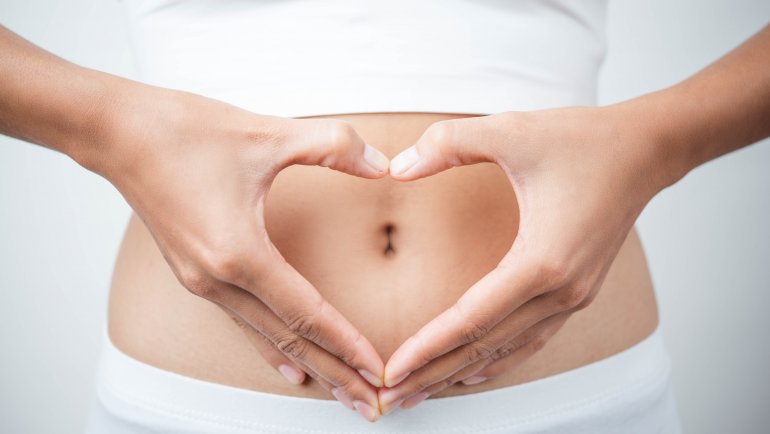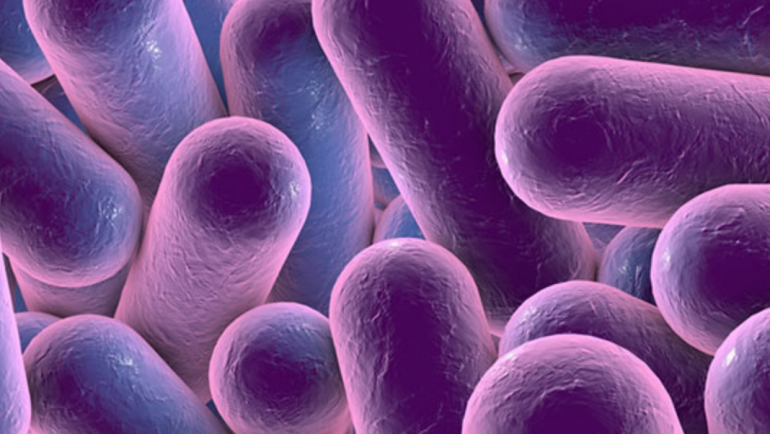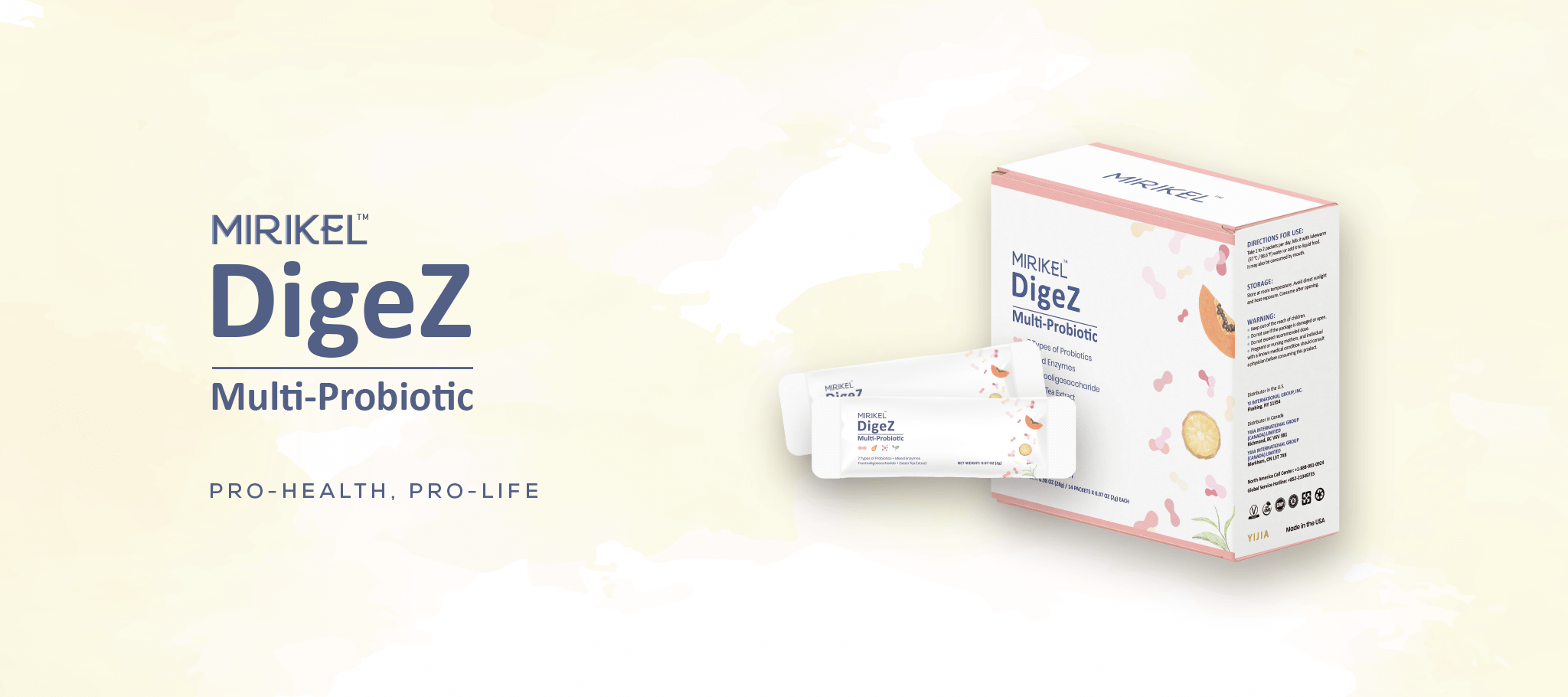Benefits of Digestive Enzymes & How They Work with Probiotics
Digestive enzymes are proteins that induce food digestion.1 They are responsible for the breakdown of carbohydrates, fats, and proteins. They are produced naturally by your body, but you can also get them from supplements.
Some of the benefits of digestive enzymes include:
- Alleviating the symptoms of inflammatory bowel disease & irritable bowel syndrome2
- Improving the quality of life of patients who undergo cancer therapies
- Reducing arthritis pain & inflammation
- Improving muscle healing
- Boosting gut health, and even improving the emotional & social
- Enhancing social responses in autistic children.3


Why are Digestive Enzymes So Popular in Asia?
Digestion of alcohol is a two-step process. In the first step, a liver enzyme called alcohol dehydrogenase transforms the alcohol into a toxic substance known as acetaldehyde, which causes hangovers.
The second step involves the enzyme called aldehyde dehydrogenase, which breaks down acetaldehyde into simple acetic acid, which is also found in vinegar.
For some reason, Asian people have developed a deficiency of the second enzyme.4 The deficiency of aldehyde dehydrogenase enzyme impairs alcohol digestion, and this can cause extreme intolerance and other severe consequences.
A lot of Asian people use digestive enzyme supplements for this reason.
The Difference Between Enzymes & Probiotics & How They Support the Digestive System
The main difference between enzymes and probiotics is that enzymes are proteins and probiotics are live microorganisms.5 Both groups are crucial for the proper functioning of the digestive system. Digestive enzymes are responsible for breaking down the food we eat (carbs, fat, and protein). Probiotics help the absorption of minerals and vitamins, improve digestion, and assist in the production of vitamins B and K.


Can Enzymes & Probiotics Work Together?
The answer is yes. You can use both together to improve digestion, even though they have different functions.6 A balanced level of probiotics and enzymes in the body leads to a healthy gut. When your system has low levels of enzymes – and this happens through aging, pollution, or genetic issues – you need to add a dietary supplement that can “fix” the digestive enzyme level in your body.7 If the level of probiotics in your intestines is low, you also may need a supplement. Combined doses of digestive enzyme and probiotics can significantly improve not only your digestive tract health, but the well-being of your entire system.
If you suspect you have problems that require these supplements, talk to your healthcare provider first to avoid errors in diagnosis and/or treatment. None of the information here is a substitute for your doctor’s advice or testing procedures.
What Else Can You Do to Aid Your Gut Health?
Besides enzyme and probiotic products, you can also add fructooligosaccharides to your diet to aid your digestive system. Fructooligosaccharides are carbohydrates, made from various molecules of oligosaccharide sugars. These molecules are produced in fruits and are 100 % natural.8 They are prebiotics, which are molecules that feed the probiotics in your intestines, helping the digestive process and maintaining the functions of the gut. Fructooligosaccharides also lower the blood sugar and cholesterol. You can obtain them by eating garlic, onions, blue agaves, bananas, and artichokes.
Green tea extract is also beneficial for digestive health because it assists the growth of good bacteria in the intestines. Remember that enzymes are beneficial because they break down the food you eat. Combined with probiotics, they create a friendly environment that will positively affect your entire body. Be sure to combine this with a healthy diet!
References:
-
Wong, Cathy. (Updated August 6th, 2019). The Health Benefits of Digestive Enzymes. VeryWellHealth.com. Retrieved from https://www.verywellhealth.com/the-benefits-of-digestive-enzymes-89446.
-
Money, E. M., Walkowiak, J., Virgilio, C., & Talley, J. N. (n.d.). Pilot study: a randomised, double blind, placebo controlled trial of pancrealipase for the treatment of postprandial irritable bowel syndrome-diarrhoea. BMJ Journals: Frontline Gastroenterology, 2(1). Retrieved from https://fg.bmj.com/content/2/1/48
-
Hale, P. L., Chichlowski, M., & Greer, K. P. (December, 2010). Dietary supplementation with fresh pineapple juice decreases inflammation and colonic neoplasia in IL-10-deficient mice with colitis. Inflammatory Bowel Diseases, 16(12), 2012-2021. Retrieved from https://academic.oup.com/ibdjournal/article-abstract/16/12/2012/4628194?redirectedFrom=fulltext
-
Keogh, Bryan. (December 27, 2017). Why do people with East Asian heritage get flushed after drinking alcohol? TheConversation.com. Retrieved from https://theconversation.com/why-do-people-with-east-asian-heritage-get-flushed-after-drinking-alcohol-88767
-
ca. (n.d.). What’s The Difference Between Enzymes & Probiotics? Retrieved from https://theorganicgrocer.ca/whats-the-difference-between-enzymes-probiotics/, Lisa (RHN)
-
Quinten, T., Philippart, J., Beer, T. D., Vervarcke, S., & Driessche, M. V. (2014). Can the supplementation of a digestive enzyme complex offer a solution for common digestive problems? Archives of Public Health, 72(Suppl 1), 7. Retrieved from https://www.ncbi.nlm.nih.gov/pmc/articles/PMC4094108/
-
Hays, Julie. (n.d.). Enzymes and Probiotics: Partners in Digestion. Hyperbiotics.com. Retrieved from https://www.hyperbiotics.com/blogs/recent-articles/enzymes-and-probiotics-partners-in-digestion
-
Bubnis, Daniel & Johnson, Jon. (Updated January, 2018). Are fructooligosaccharides safe? Medical News Today. Retrieved from https://www.medicalnewstoday.com/articles/319299.php




